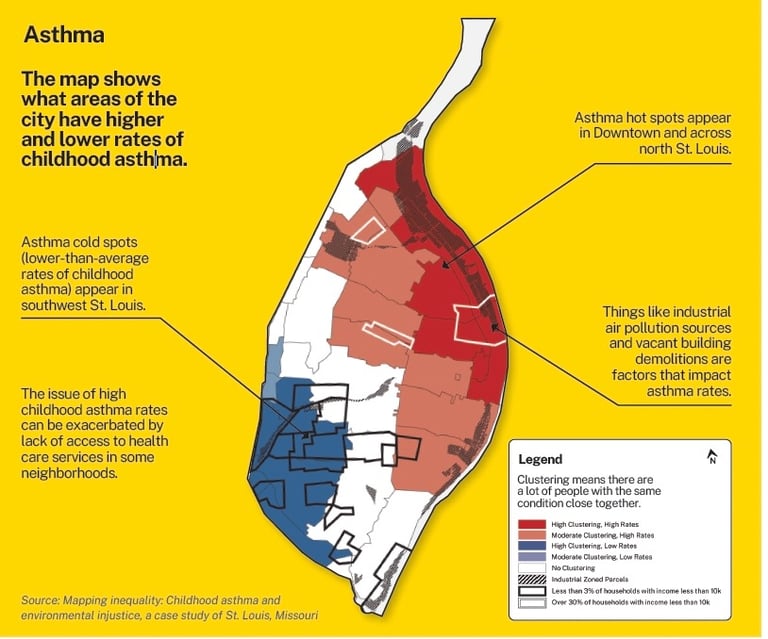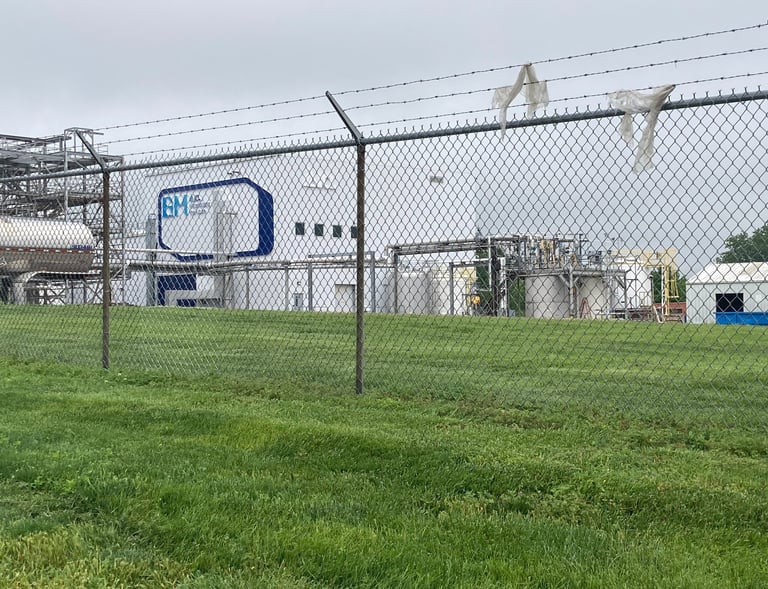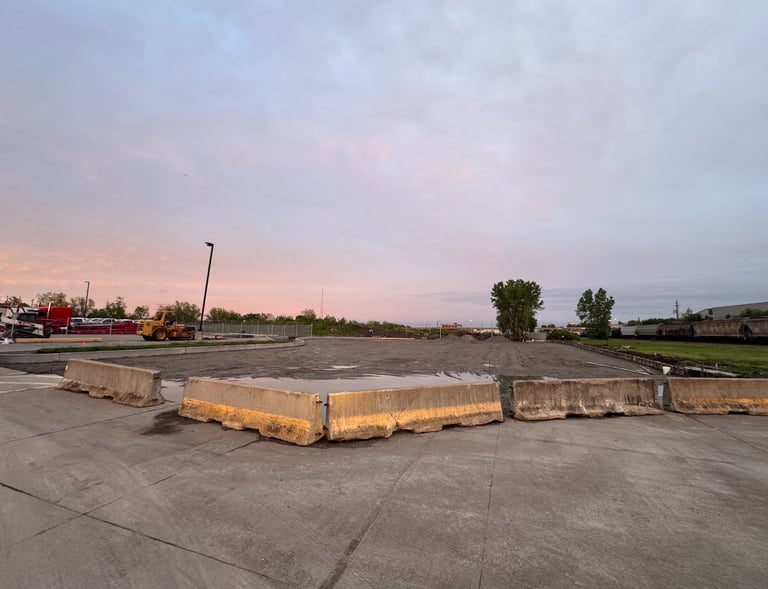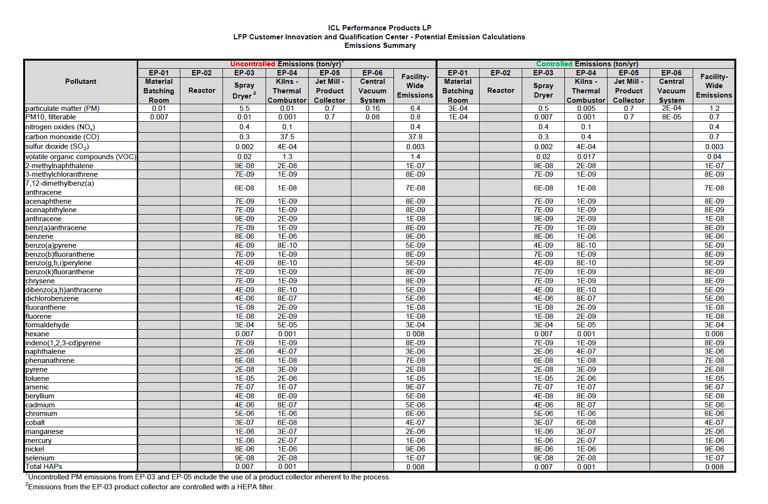
Development Incentives Debate
A look at individual projects and how they impact city residents and city budgets
Development Concerns - Major Project Alert-
ICL Brings More Harm Than Good


ICL (Israel Chemicals Limited) Battery Plant in North City
Why was nobody asked if they wanted this batter manufacturing plant in their neighborhood? Probably because they might have said--NO!


ICL's Permit to Build - Redacted Beyond Belief
This is the permit for something we are supposed to believe is safe?
THIS PROJECT HAS BEEN CANCELLED----THANK GAWD!!!
Additional Info About the Project. The Product.
And the Pollution






This is what Lithium Iron Phosphate (LFP) manufacturing can do to people...
Analysis of Projected Emissions
The emissions data from the ICL LFP Customer Innovation and Qualification Center indicates the release of numerous potentially harmful substances. These include:
• Particulate matter (PM) at 6.4 tons/year (uncontrolled) and 1.2 tons/year (controlled)
• Nitrogen oxides (NOx) at 0.4 tons/year
• Carbon monoxide (CO) at 37.8 tons/year (uncontrolled) and 0.7 tons/year (controlled)
• Volatile organic compounds (VOC) at 1.4 tons/year (uncontrolled) and 0.04 tons/year (controlled)
• Hazardous air pollutants (HAPs) at 0.008 tons/year
• Various heavy metals including arsenic, beryllium, cadmium, chromium, cobalt, manganese, mercury, and nickel These emissions, while relatively low compared to larger industrial facilities, still present potential risks given the facility’s proximity to sensitive locations. Fine particle pollution is a known driver of adverse health outcomes, and VOC emissions are associated with increased cardiorespiratory mortality. Research has shown that a 25% reduction in anthropogenic VOC emissions could avoid approximately 13,000 premature deaths annually nationwide. https://pmc.ncbi.nlm.nih.gov/articles/PMC8942014/
Regulatory Considerations and Best Practices
While the proposed facility would be required to meet emissions standards, the unique proximity to sensitive community resources and critical infrastructure suggests the need for additional scrutiny and potentially more stringent controls.
Environmental Justice
Industrial facilities have historically been located near disadvantaged communities, resulting in disproportionate health impacts. The placement of a chemical manufacturing facility near community resources like a YMCA raises environmental justice concerns that should be carefully considered.
